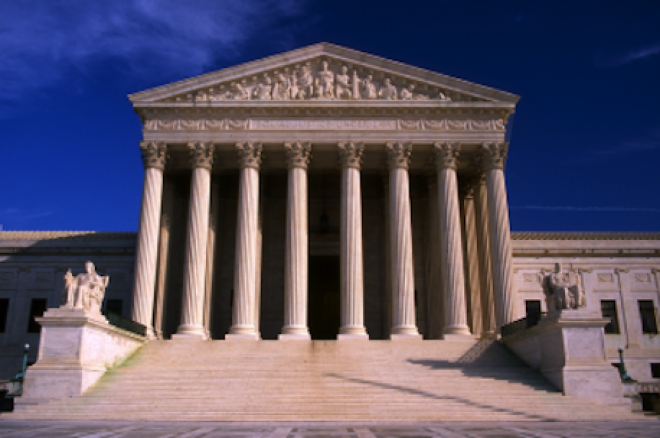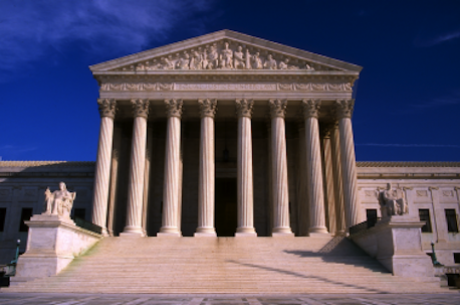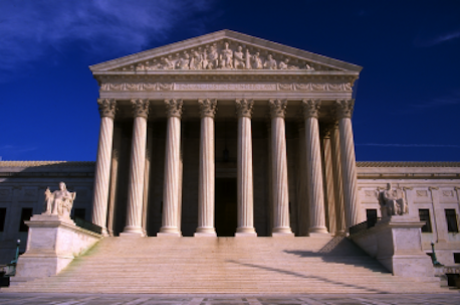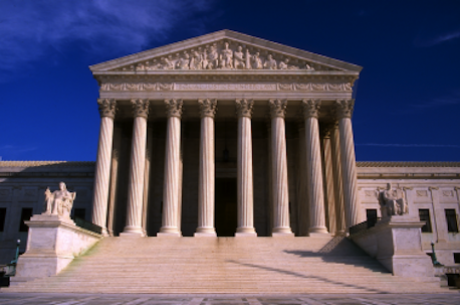What are Online Poker's Chances During the Congressional Lame-Duck Session?


We have entered the lame-duck legislative period that has been pointed to all year as the best chance to pass legislation to license and regulate Internet poker.
Likely heating up following Thanksgiving and going until shortly before Christmas, there will be a short window for Senate Majority Leader Harry Reid (D-Nev.) and Senate Minority Whip Jon Kyl (R-Ari.) to attach their bill to must-pass legislation.
The election unfolded in the best possible way for poker, with the status quo of Obama remaining president and the legislative branches split between a Democratic majority in the Senate and a Republican majority in the House. This status quo should foster an atmosphere of compromise conducive to getting legislation through during the year-end session.
"I don't think anything happened that is going to make a bill impossible during the lame duck," said John Pappas, executive director of the Poker Players Alliance. "That certainly doesn't mean it's a slam dunk. We've got a lot of work to do. As Congress returned, we've spent a lot of time trying to get back in touch with staff and others to see what they are going to be working on. The key for us is to find a legislative vehicle to be part of. It's still unclear what they intend to accomplish between now and Christmas."
As will always be the case until it happens, getting poker legislation through this year appears to be a long shot. The issue doesn't have much momentum right now, but deals are made quickly during the lame-duck session and there are more positive factors than ever before.
Two years ago, Reid's poker proposal came out of nowhere to be mentioned for consideration during the lame-duck session. This time a summary and then first draft of the legislation has been out there for concerned parties to get to know it and address any issues they may have with it.
The Justice Department's decision late last year that The Wire Act applies only to sports betting opened the door for Internet gambling to progress at the state level. The Reid-Kyl bill is worded in a way that allows for poker while prohibiting most forms of Internet gambling. This could make the bill agreeable both to lawmakers who support an individual's right to play online poker and to the moral police who want to curtail Internet gambling as much as possible.
This is the last chance for Kyl, who is retiring, to strengthen the Unlawful Internet Gambling Enforcement Act before he leaves office. It's also the last chance for one of online poker's original champions, Rep. Barney Frank (D-Mass.), to help through legislation before he retires.
If federal legislation doesn't pass before the end of the year, some states are sure to move forward with online gambling on their own. Nevada is poised to be the first state to go live with online poker, having already awarded licenses to such casino companies as MGM, Boyd Gaming, the Golden Nugget, South Point and Bally Technologies. Delaware passed legislation this year that will include all forms of Internet gambling being offered through its state lottery. Illinois is moving ahead with online lottery tickets, which have little difference from slot machines. More are likely to make their move next year, creating varying rules and regulations covering online gambling between states.
These are all reasons for federal lawmakers to make a move now. Reid and his recently reelected Senate counterpart in Nevada, Republican Dean Heller, appear to have put their campaign negativity behind them. They will need to work together to get support from both sides of the aisle on attaching the bill.
"I think what happened before (between Reid and Heller) was electioneering and not an indication of a real disconnect between the two Senators," Pappas said.
The problem is that the future of Internet gambling could get lost in the worry of resolving the fiscal cliff. Of course, regulating online poker never was going to be a focal point in the lame-duck session. It's a secondary issue that could be bargained on to must-pass legislation if enough key players want it there. But the bills needed to avoid the fiscal cliff, which would include increasing the debt ceiling and extending tax cuts, could me deemed too important to haggle over attaching what the legislature would consider a small matter.
Powerful opponents also remain in Indian tribes, state lotteries, state governors and the religious right.
But if Kyl and Reid are willing to push strongly to get their bill attached, anything can happen. These are two influential Senators who know how to play the political game. Reid seems willing to do what he can for his Nevada casino constituents. It could all come down to how much Kyl really cares about strengthening his baby, the UIGEA, before he leaves office.
"I think this bill will be on the table in any substantial legislation to be passed in the lame duck," Pappas said. "Our chances improved with the election, but we're still an underdog."
Follow PokerNews on Twitter for up-to-the-minute news.








